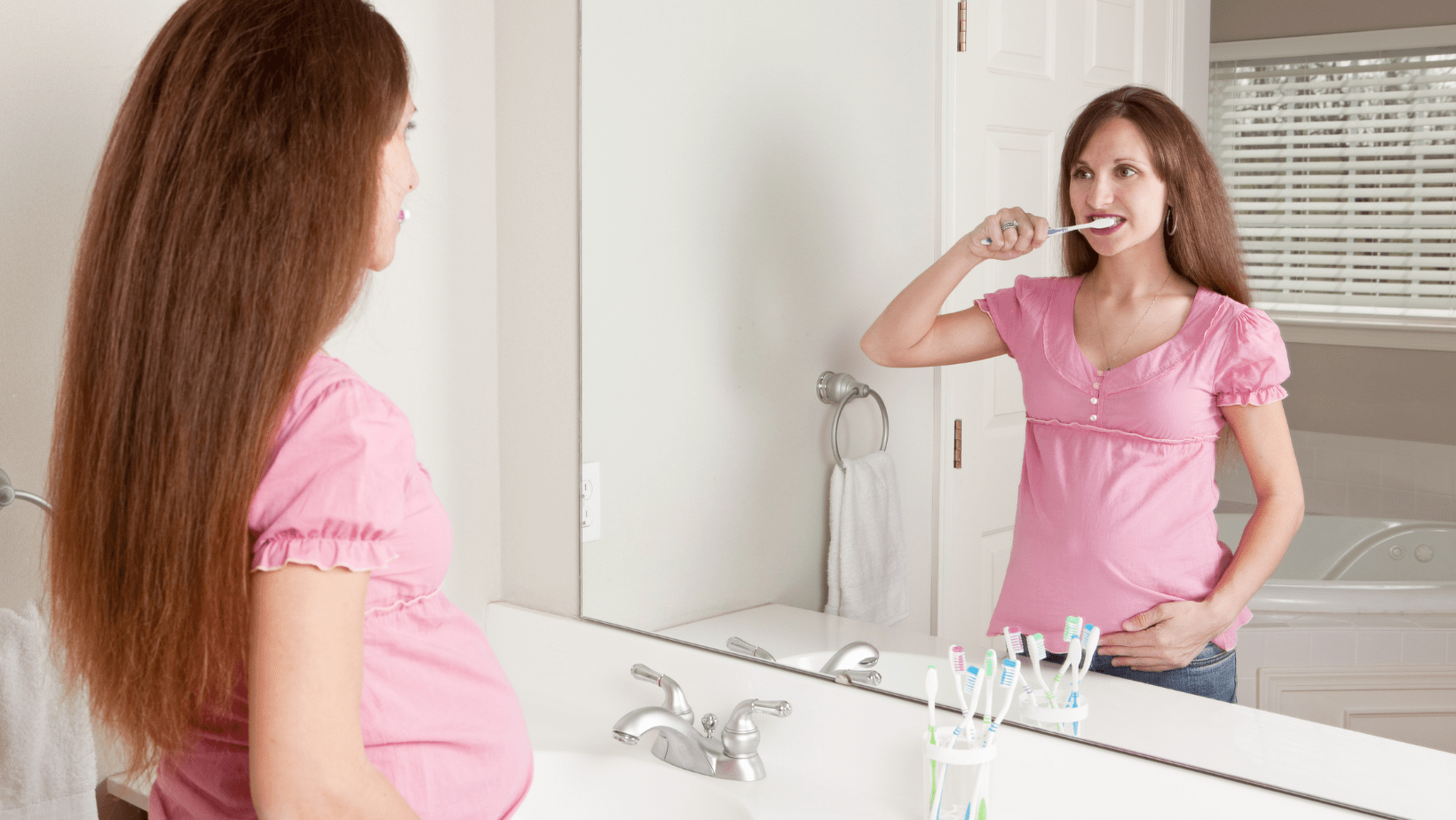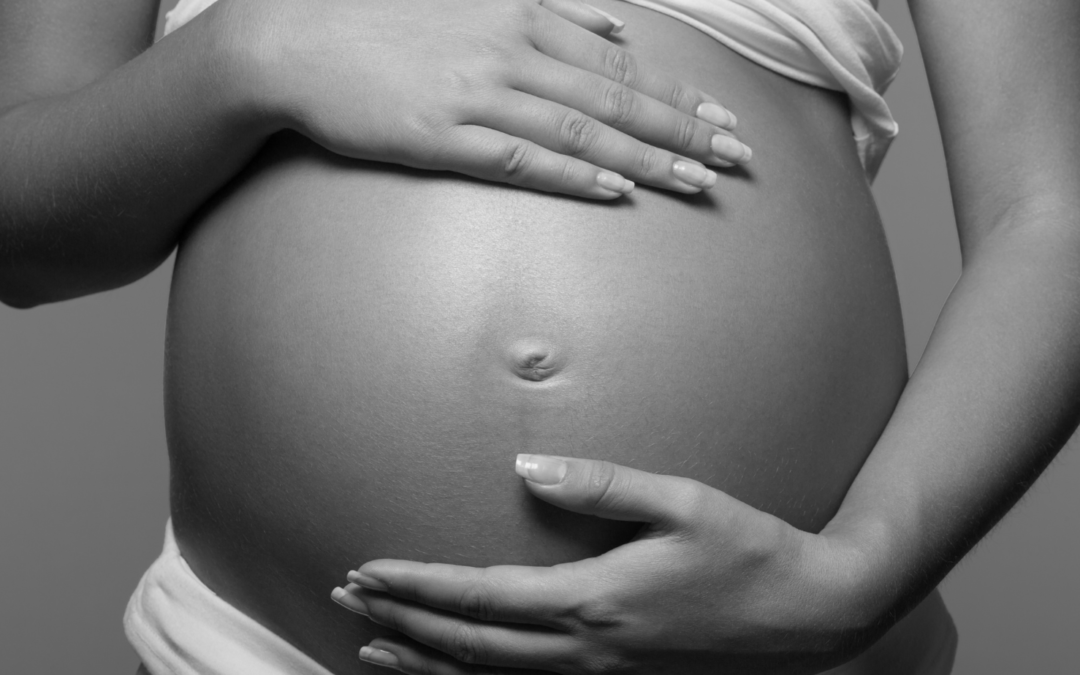Pregnancy is an amazing time in a woman’s life. The changes in a woman’s body during this time are incredible. However, these changes come with some challenges, including morning sickness, weight gain, and back pain. Dental care is one of the last things on a pregnant woman’s mind. However, taking care of your teeth and gums during pregnancy is essential.
In this article, we will discuss 15 dental care practices that all pregnant women should follow.
Visit A Dentist Regularly

Many pregnant women find that they have more dental problems during pregnancy. This is because the changes in a woman’s body can cause problems with their teeth and gums. Pregnant women should visit a dentist regularly to ensure that they are taking care of their teeth and gums properly. A dentist can help you with any problems you are having and can give you advice on how to take care of your teeth and gums during pregnancy.
Brush and Floss Regularly
It is important to brush and floss your teeth regularly, even when you are not pregnant. However, it is especially important to do so when you are pregnant. This is because the changes in your body can make your gums more sensitive and prone to bleeding. You should brush your teeth at least twice a day and floss daily. If you are having trouble brushing and flossing, there are many products on the market that can help you, such as electric toothbrushes and water flossers.
Avoid Certain Foods
There are some foods that you should avoid during pregnancy, as they can cause damage to your teeth and gums. These include sugary drinks, such as soda and juice, sticky foods, such as candy and cake, and hard foods, such as nuts and seeds. You should also avoid chewing on ice, as this can crack your teeth.
Use a Mouthwash
Mouthwashes can be very helpful in keeping your mouth clean and healthy. There are many different types of mouthwash on the market, so you should choose one that is right for you. If you are pregnant, you should avoid mouthwashes that contain alcohol, as this can be harmful to your baby.
See a Dentist if You Have Morning Sickness
Morning sickness is common during pregnancy and can cause damage to your teeth. The stomach acid that is brought up during vomiting can erode the enamel on your teeth. If you are vomiting frequently, you should see a dentist. They can recommend a mouthwash or toothpaste that can help protect your teeth from stomach acid.
Get Sealants
Sealants are a type of protective coating that is applied to the teeth. They can help protect your teeth from decay and cavities. Sealants are safe for pregnant women and their babies. If you are pregnant, you should talk to your dentist about getting sealants. They can help protect your teeth and make sure that you have a healthy mouth during pregnancy.
Fluoride Treatments
Fluoride is a mineral that helps prevent tooth decay. It is found in many products, such as toothpaste and mouthwash. Fluoride treatments are safe for pregnant women and their babies. Your dentist may recommend that you get fluoride treatments during pregnancy. This is because the changes in your body can make your teeth more susceptible to decay. Fluoride treatments can help prevent cavities and keep your teeth healthy.
Avoid Tobacco Products
Tobacco products, such as cigarettes and cigars, are harmful to your health and the health of your baby. Tobacco products can cause tooth decay, gum disease, and other problems. If you use tobacco products, you should talk to your dentist about quitting. They can help you find resources to help you quit.
Choose Healthy snacks
When you are pregnant, it is important to choose healthy snacks. This is because the changes in your body can make you crave unhealthy foods. However, eating healthy snacks can help you maintain a healthy weight and keep your teeth and gums healthy. Some healthy snack options include fruits, vegetables, whole grain crackers, and low-fat yogurt. You should avoid sugary snacks, such as candy and cake, as they can cause tooth decay.
Drink Plenty of Water
Drinking plenty of water is important for your overall health, but it is especially important when you are pregnant. This is because water helps flush out toxins from your body. It also helps keep your mouth moist, which can prevent gum disease. You should drink six to eight glasses of water each day. If you are having trouble drinking enough water, you can add lemon or lime slices to your water to make it more palatable.
Chewing On Ice
Chewing on ice can be harmful to your teeth. It can cause the enamel on your teeth to crack and chip. If you chew ice frequently, you should see a dentist. They can recommend a mouthguard or toothpaste that can help protect your teeth. You should avoid chewing on hard foods, such as nuts and seeds, as well. These can also damage your teeth.
Choose the Right Toothpaste

There are many different types of toothpaste on the market, so it is important to choose one that is right for you. If you are pregnant, you should avoid tubes of toothpaste that contain fluoride. This is because fluoride can be harmful to your baby. Instead, you should choose toothpaste that contains xylitol. Xylitol is a natural sweetener that can help prevent cavities. It is safe for pregnant women and their babies. You can find xylitol tubes of toothpaste at most drugstores.
Brush Twice a Day
It is important to brush your teeth twice a day, even when you are pregnant. This will help remove plaque and bacteria from your teeth and gums. If you are having trouble brushing your teeth, you can try using an electric toothbrush. You should also floss your teeth once a day to remove food and plaque from between your teeth.
Conclusion
Pregnancy is a time when it is especially important to take care of your teeth and gums. The changes in your body can cause problems with your mouth, so it is important to see a dentist regularly and to brush, floss, and use mouthwash every day. If you are pregnant, you should also avoid sugary drinks, sticky foods, hard foods, and chewing on ice. You should also get sealants and fluoride treatments during pregnancy. By taking these steps, you can help ensure that you have a healthy mouth during pregnancy.


Nice post. I learn something new and challenging on websites I stumbleupon on a daily basis. It will always be helpful to read content from other authors and use something from other web sites.